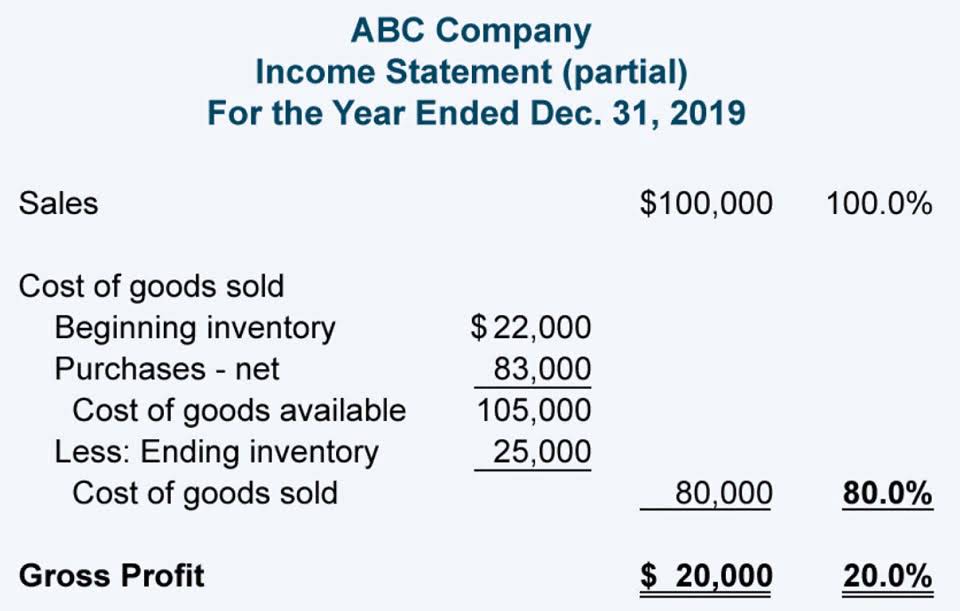
In some cases, companies are required to pay an employee for their unused vacation or sick time at separation, regardless of whether they quit, were laid off, or were fired. However, many states allow companies to implement PTO policies that say employees forfeit unused vacation or sick time if they’re fired, or if they don’t meet certain conditions (like giving 2 weeks notice). Typically, the employer has to put the conditions in writing (e.g. in their PTO policy or contract) and give the employee notice of the policy ahead of time. Only a few states have laws that regulate the employer’s policy regarding payment of unused vacation time, but in most cases, employers set their own rules for PTO payout. Unless you are covered by a collective bargaining agreement or employment contract that requires you to be given vacation time, the law does not require employers to give their employees any vacation time off, paid or unpaid. Most employers choose to do so to prevent employee burnout and maintain employee morale, but it is not legally required.
Examples of PTO
- And, Colorado generally prohibits use-it-or-lose-it policies under the Colorado Wage Act (“Wage Act”).
- Unused earned vacation time generally must be paid as wages at the employee’s final rate of pay immediately upon termination, although an employer may have 72 hours or until the next regular payday under certain circumstances.
- Make sure the policy is properly communicated and reviewed on a regular basis to ensure it fulfils the company’s needs.
- That being said, some employers can choose not to provide PTO payout after termination (if there’s no state law that requires them to do so).
- Employers in California do not have to pay out unused sick leave when an employee leaves the company or is terminated.
Where an employer has a PTO policy, remaining PTO days are generally treated the same as vacation days under the law when an employee leaves the job – see question 5 below. These days are considered to be accrued by the employee and payable when the employee leaves the job. While it might seem reasonable that you be allowed to bank your vacation days from year to year in order to take a longer vacation, many companies have policies that prevent you from doing so.
Paid Time Off (PTO) Accrual: Everything You Need to Know
Unused earned vacation time must be paid in full at an employee’s final rate of pay at the time of separation, if possible, or no later than the next regularly scheduled payday. Employment contracts and policies may not provide for forfeiture of earned vacation time upon separation. However, employers may require employees to take earned vacation by a certain date or lose it, so long as they are given notice and a reasonable opportunity to take the vacation.
Do you get paid for personal time off?

If you have any issues, questions, or concerns related to the relevant laws governing accrued vacation or overdrawn vacation time in your area, it may be helpful to consult with an employment attorney. Your attorney can advise you regarding your rights and liabilities related to your vacation time. There is no legal requirement for an employer to have an employee handbook or one that contains a paid leave policy.
Paid Vacation Time for Employees & Their Legal Rights
Since an employer provides paid vacation by choice, they have substantial room to determine who is eligible for vacation, how they accrue vacation time, and when they can use vacation. Employers may choose to provide a few days of paid vacation, or they may decide to provide much more. They may provide this paid vacation only to executives, or it may be provided to all employees.

Which states prohibit use-it-or-lose-it policies?
- These policies are designed to give employees more flexibility and to ease the administrative burden of tracking and policing workers’ use of their time off.
- Vacation time benefits and obligations are largely determined by employment agreements and employer policies in Minnesota.
- Personal days can accrue over time or be granted in a lump sum at the beginning of the year or employment period.
- Penalties and remedies for failing to pay due wages may include civil penalties of $100 to $1,000 for each offense.
- See for yourself how PTO Genius improves employee wellness and work-life balance, proactively mitigates burnout, and saves you time and money with our next-generation time off platform.
- Additionally, it’s important to note that, outside the context of employment separation, unused sick leave must carry over from year to year unless an employer front-loads their employee’s full amount of sick leave at the beginning of the year.
Some small businesses provide a set number of personal days annually, which can range from a few days to a week or more, depending on the company’s policy. Offering vacation pay in a small business gives employees an opportunity to take time off for leisure, travel, relaxation, or doing whatever they please. This means they come back to work feeling energized, refreshed, and motivated.
- According to the North Carolina Department of Labor, unused paid sick leave does not have to be paid out at separation, even if there is no forfeiture clause in an employer’s policy or contract.
- This is partly due to North American business culture, which views taking too much time off as endangering an individual’s chances for professional growth.
- For example, certain states, such as California, consider accrued vacation to be the same as earned wages.
- There is no Texas vacation time law requiring employers to give employees paid vacation time.
- For example, employees mostly use vacation pay to get away from the office and enjoy well-earned time off.
- Since an employer provides paid vacation by choice, they have substantial room to determine who is eligible for vacation, how they accrue vacation time, and when they can use vacation.
Do we have to pay out unused vacation pay to employees who leave our company?
This law is enforced by the Maine Department of Labor and through private civil actions. Penalties and remedies for failing to pay due vacation time may include penalties of between $100 and $500 for each violation, liquidated damages in an amount equal to twice unpaid wages, interest, and attorneys’ fees and costs. This law is enforced by the Colorado Department of Labor and Employment, Division of Labor Standards and Statistics, and through private civil actions. The Division may also impose a fine of up to $50 per day for each failure to pay.
In the case of employers not covered by the 2020 paid leave law (discussed below), vacation time benefits and obligations are largely determined by employment agreements and employer policies in Nevada. If mandated by the employment agreement or the employer’s policy, unused earned vacation time must be paid within seven days after the employee accrued vacation meaning quits or resigns, or the day when the employee would have regularly been paid, whichever is first. Washington considers vacation time to be a “voluntary benefit” that does not have to be paid out with final wages. An employer may choose to pay out unused earned vacation with an employee’s final paycheck, but is not required to do so.

Quick tips for handling unused vacation pay
Connecticut employers must pay out unused vacation time, sick leave, or other paid time off only if their PTO policy or employment contract promises it. No law in Arkansas requires employers to pay out the value of unused accrued paid time off when an employee leaves a company, whether they quit voluntarily, retire, or are terminated. Arkansas employers must pay out unused vacation time, sick leave, or other paid time off only if their PTO policy or employment contract promises it. No law in Alaska requires employers to pay out the value of unused accrued paid time off when an employee leaves a company, whether they quit voluntarily, retire, or are terminated. Alaska employers must pay out unused vacation time, sick leave, or other paid time off only if their PTO policy or employment contract promises it. No law in Alabama requires employers to pay out the value of unused accrued paid time off when an employee leaves a company, whether they quit voluntarily, retire, or are terminated.
Bir yanıt yazın